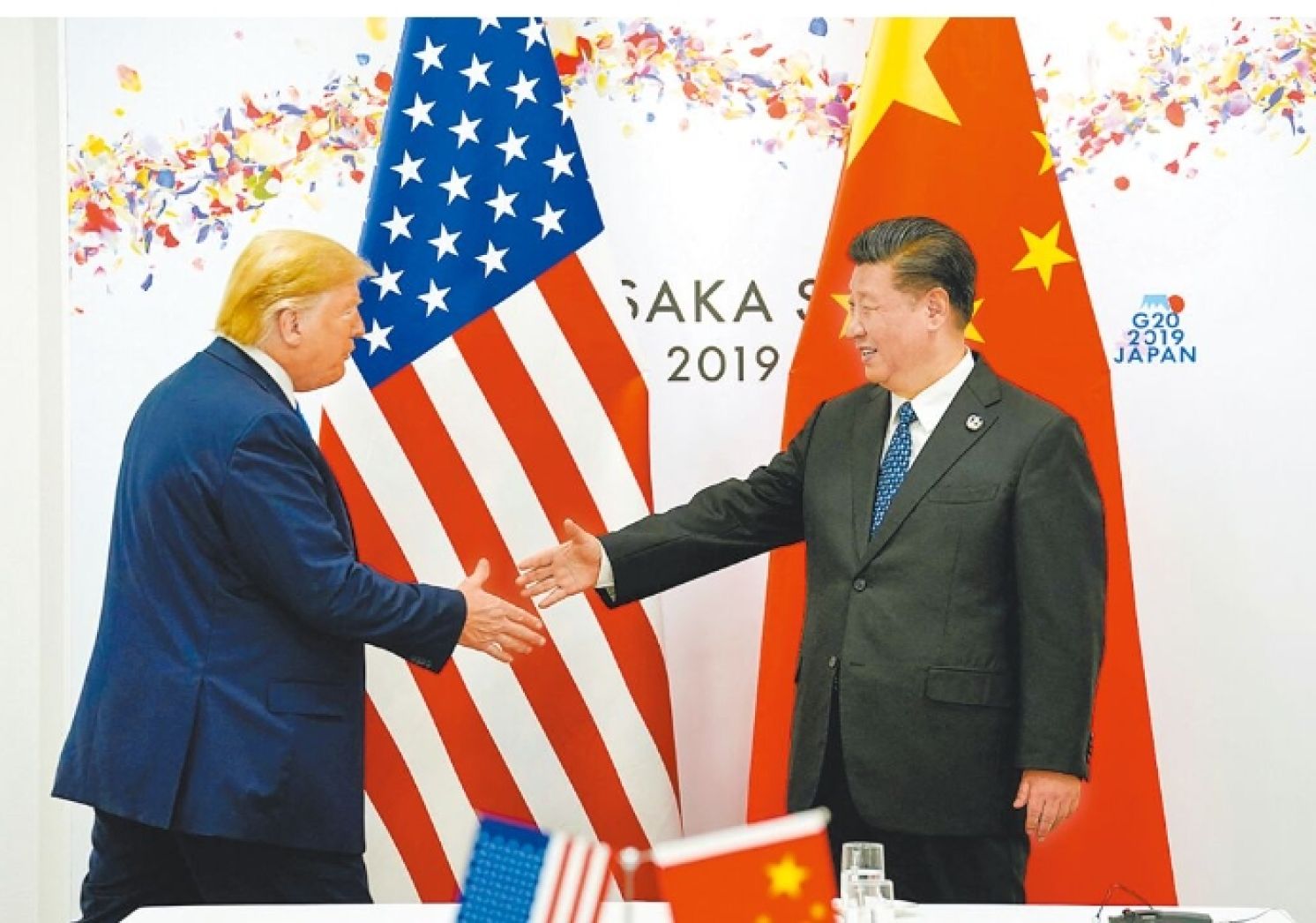
Xi's New Statement on Taiwan Draws Red Line for U.S.-China Relations
By Lien Chun-wei, China Times, June 7, 2025
President Donald Trump of the United States had repeatedly extended invitations, and Chinese President Xi Jinping finally took the call. The key lies in this sentence from Xinhua News Agency’s official press release: “Avoid letting a minimal number of ‘Taiwan independence’ separatists drag China and the United States into a dangerous situation of confrontation.” This marks a rare instance of Beijing airing its grievances on the Taiwan issue to a foreign power. While Mr. Trump did not respond directly, both sides are about to enter substantive trade negotiations and have agreed to promote mutual leadership visits. With that, the Taiwan issue has formally entered the U.S.-China negotiation table—something the government must not ignore.
The devil is in the details. According to Xinhua, Mr. Xi emphasized that the United States should handle the Taiwan issue prudently and avoid letting a minimal number of “Taiwan independence” separatists drag China and the United States into confrontation. The first part reaffirms China’s long-standing position; the second part, however, is new phrasing—and it forms the crux of the Trump-Xi conversation.
In the November 2023 summit with then-President Joe Biden of the United States in San Francisco, Mr. Xi stated, “The U.S. should demonstrate its stance of not supporting Taiwan independence through concrete actions…” At their final meeting in November 2024, Mr. Xi noted that if the United States wanted to maintain peace in the Taiwan Strait, it must acknowledge the pro-independence nature of Lai Ching-te and the Democratic Progressive Party (DPP) authorities and handle the Taiwan issue with extreme caution. After Mr. Trump won the election, his call with Mr. Xi in January of this year prompted the following line from the official Chinese release: “The Taiwan issue concerns China’s national sovereignty and territorial integrity, and we hope the United States handles it prudently.”
Examining past statements, it is evident that Beijing views U.S. manipulation of the Taiwan issue as the primary source of tension in the Taiwan Strait. Though the latest Xinhua release on June 5 did not name Lai directly, Mr. Xi’s subtext during the call was clear: While China and the United States do not seek conflict, the actions of a small group of Taiwan independence advocates could push the two nations into confrontation. In other words, Taiwan is being positioned as the root of the problem.
Following the leaders’ phone call, the two countries will begin trade negotiations. Although Beijing has repeatedly stated that Taiwan is a core interest and not up for negotiation, with Mr. Trump—a master of deal-making—everything is on the table. Beijing is likely to bring the Taiwan issue to the forefront, demanding that the United States keep the DPP administration in check or that Mr. Trump explicitly state his opposition to Taiwan’s independence. This will be the first test for Taiwan.
After the call, Mr. Trump neither confirmed nor denied whether Taiwan was discussed (in contrast to his apparent denial of discussing the Russia-Ukraine and Iran issues). While mutual visits remain difficult, following the trade negotiations, the 2025 APEC Leaders’ Summit will be held in Gyeongju, South Korea, this November. A face-to-face Trump-Xi summit is highly likely. If cross-strait relations do not ease by then, that will present yet another hurdle for Taiwan.
From: https://www.chinatimes.com/newspapers/20250607000383-260119?chdtv
〈Back to Taiwan Weekly Newsletter〉